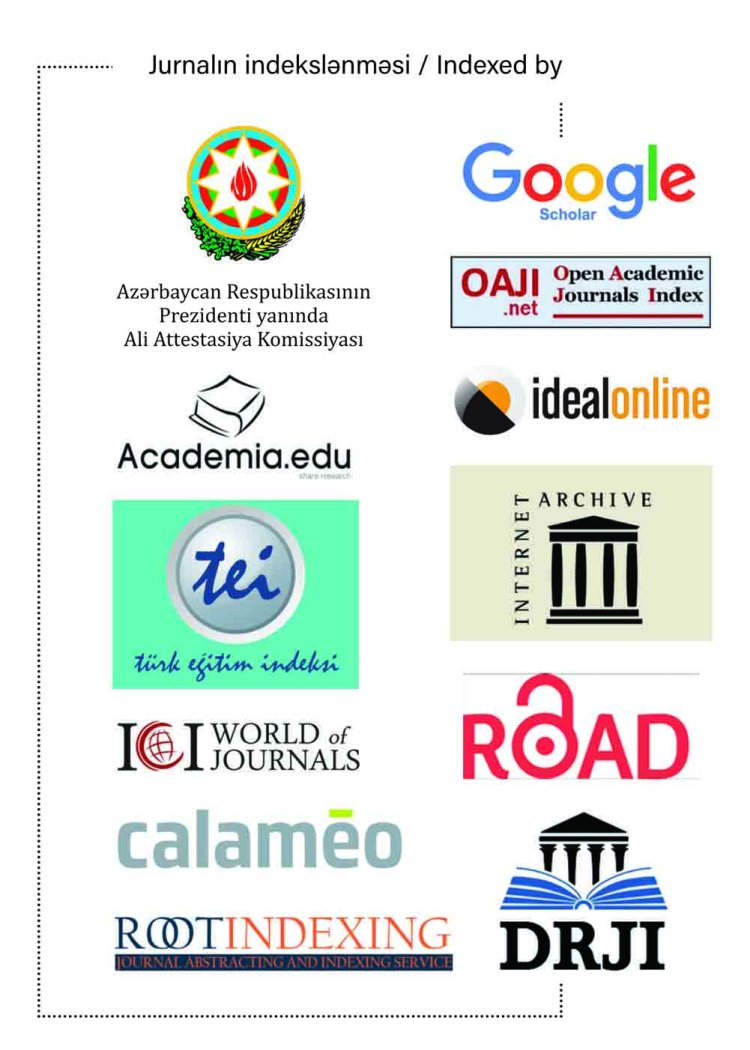UNIVERSITY AUTONOMY: AN APPROACH FROM FINANCIAL, ACADEMIC AND ADMINISTRATIVE PERSPECTIVES
Universities are institutions engaged in scientific activities. This higher education institution produces, teaches, presents and disseminates knowledge. These four functions constitute its main principle. The university makes important contributions to the society by educating competent citizens who are able to ask questions behind certain assumptions, and think about the national-economic situation. In order to fulfill its assumed roles and responsibilities, the university must be able to stay away from the political power, and must have its own choice in academic, administrative and financial fields. Since university autonomy is the basis of the rational and competitive nature of the academic world, it is a concept that is widely discussed and talked about in the academic environment. Financial, academic and administrative autonomies, which are the dimensions of university autonomy, are an integral part of academic life. University autonomy depends on the maintenance of these three autonomies together, in a coherent manner. For this reason, financial, academic and administrative autonomy should not be separated. At the same time, the concept of university autonomy must be analyzed and understood without being taken out of context. The purpose of this article is to analyze, compare and contrast the concepts of administrative, academic and financial autonomy.




